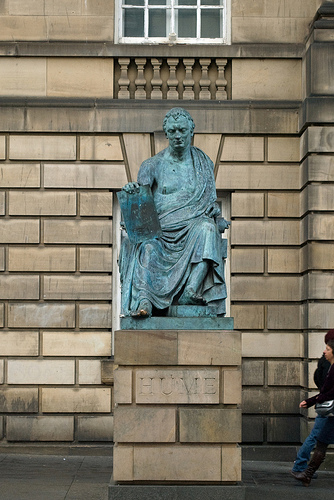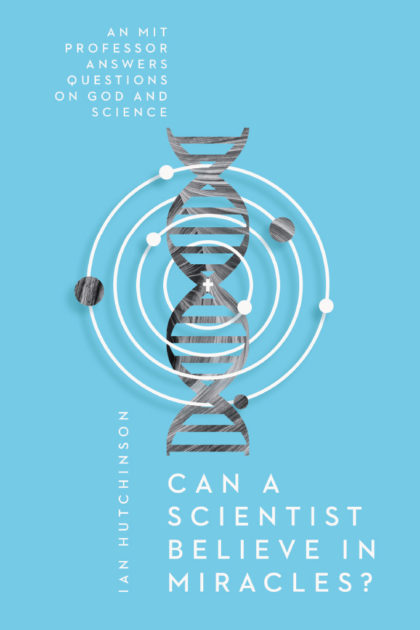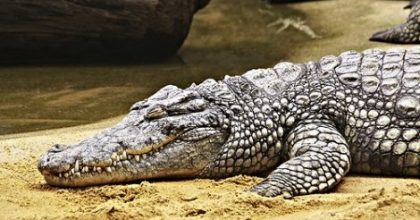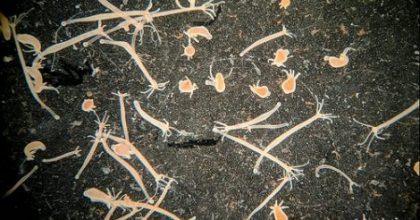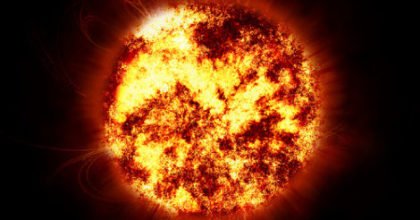Frequent ESN contributor and InterVarsity Christian Fellowship / USA Graduate & Faculty Ministries Staff Mark Hansard explores David Hume's ideas in Part 5 of his series on faith and reason. As you may remember, Part 1 took a brief look at a Scriptural basis for using reason and logic, Part 2 discussed St. Augustine's ideas about faith and reason, Part 3 engaged with the thought of Aquinas, and Part 4 addressed John Locke. Image: Sculpture of David Hume. … [Read more...] about Faith and Reason, Part 5: Hume
Miracles
Snapshots of “Can a Scientist Believe in Miracles?”
Being a Christian has engendered in me a greater interest in intellectual matters I might not otherwise have taken seriously. History is no longer for me the torture it was as a schoolboy. And that is in part because I see the significance and relevance of history in my Christian faith. A deeper knowledge of the history and philosophy of science, beyond the logic of the disciplines themselves, I find fascinating and of enormous help in better understanding the relationships between the communities. – Ian Hutchinson, … [Read more...] about Snapshots of “Can a Scientist Believe in Miracles?”
Science Book Club: When Science & Christianity Meet Ch 9
The Easter season is a natural time for Christians to reflect on miracles, as the resurrection of Jesus is the central miracle of our tradition. And as Robert Bruce Mullin reminds us in "Science, Miracles, and the Prayer-Gauge Debate," miracles are a natural point of contact when science and Christianity meet. Thus scientists and theologians at that interface today continue to take up the question of whether one can reasonably believe that Jesus of Nazareth died and subsequently returned to life in a physical sense. … [Read more...] about Science Book Club: When Science & Christianity Meet Ch 9
Science Book Club: When Science & Christianity Meet Ch 4
Homonculi, animalcules, and hydra! O my! Sure, planets and moons and clockworks are interesting, important, and historically significant to the faith and science conversation. But start talking about morphallactic regeneration and now you've really got the attention of this biologist. This week, Thomas Broman introduces a significant dose of eighteenth century biology even if the chapter title "Matter, Force, and the Christian Worldview in the Enlightenment" doesn't really suggest as much. In part that's because Broman … [Read more...] about Science Book Club: When Science & Christianity Meet Ch 4
Science Corner: Does Science Rule out Resurrections?
Passion Week seems like an appropriate time to come back to more theological topics. Within the science and theology conversation, I periodically come across variations on this question: "How do you choose when to accept a miraculous explanation and when to seek a scientific explanation?" There is a sentiment that science is pushing aside certain traditional miracles, notably creation but potentially others like the parting of the Red Sea. The miracle of greatest concern is Jesus' resurrection; if I were to reject the … [Read more...] about Science Corner: Does Science Rule out Resurrections?
